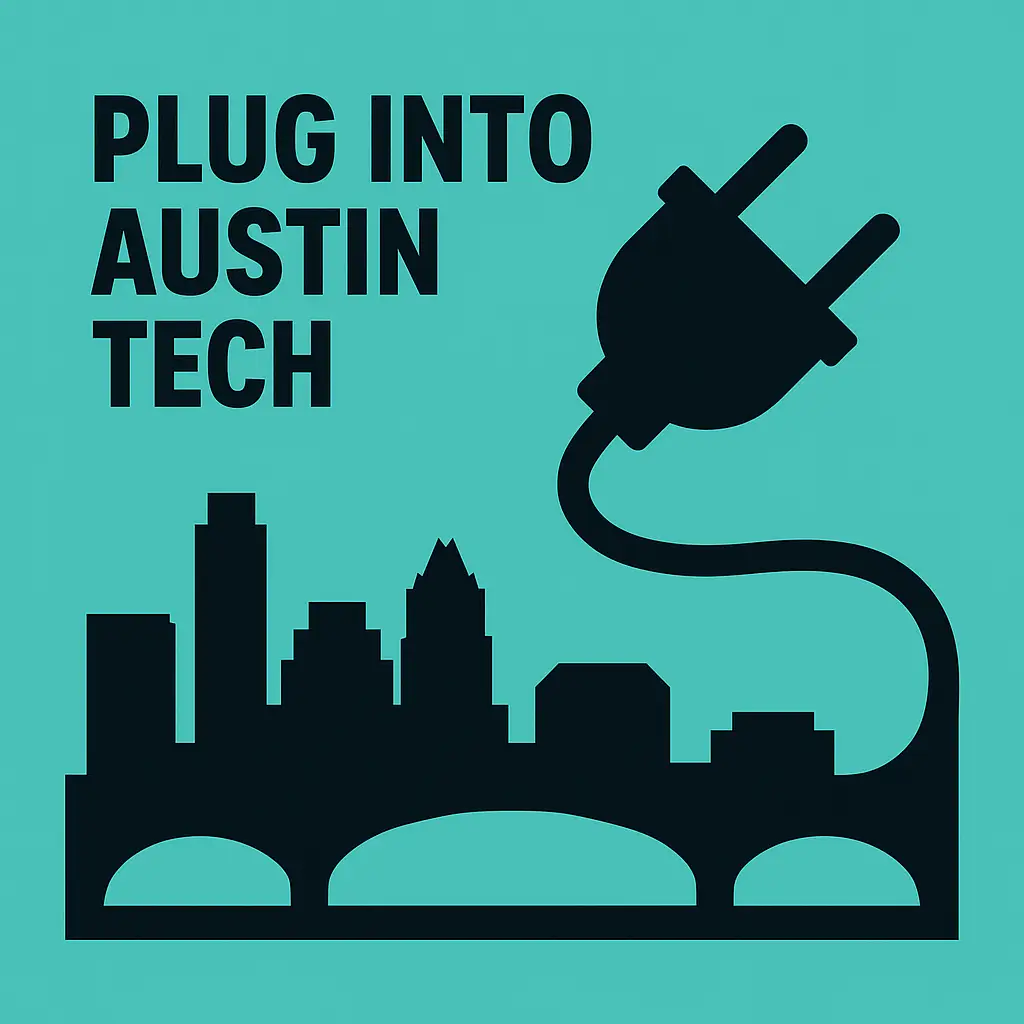By Thom Singer, CEO, Austin Technology Council
Austin rewards action. If you are new to town, new to a role, or ready to re-engage, give yourself thirty days. Follow this plan with consistency and you will build real momentum, meet helpful people, and discover conversations that make you better at your job.
Week One, show up on purpose
Pick one community event and commit to being present from start to finish. Walk in with a simple plan.
-
Introduce yourself to three people who work outside your company. Ask what they are working on, what challenges they are navigating, and what a useful next step might look like.
-
Share one thing you are learning right now. Curiosity is magnetic.
-
Take notes on your phone as soon as you step away. Name, role, one detail, one possible follow up. (do not pull out your phone while talking to people).
Pro tip: When you meet someone interesting, say, “I enjoyed this conversation. Would you be open to a short coffee in the next two weeks.” Then put a placeholder on your calendar before you leave the room.
Week Two, pick a peer group and book one coffee
Belonging accelerates learning. Join a peer group that fits your role or industry interests. Then schedule one coffee with someone you met in Week One.
-
Keep the coffee to thirty minutes. Ask good questions, take genuine interest, and look for ways to be useful.
-
End with clarity. “Would it help if I introduced you to someone who has solved that problem.”
-
Send a short recap the same day. One thank you, one takeaway, one next step.
Pro tip: Update your LinkedIn headline and “About” section so new contacts can easily understand what you do and how you help.
Week Three, lead with help
Offer help to a founder or operator who has shared a specific need. This is how introductions become outcomes.
-
Scan community posts for clear asks. Hiring, pilots, partners, speakers, mentors, and customer insights are common.
-
If you can help, do it quickly. If you cannot, be honest and ask a follow up question that might surface another angle.
-
Keep score by impact, not volume. One thoughtful introduction is better than ten vague promises.
Pro tip: When you make an introduction, add a sentence that explains why you believe the match could be useful. Context builds trust.
Week Four, show up again and bring a colleague
Relationships deepen with repetition. Return to an event or meet up where you saw value, and invite one colleague to join you.
-
Reconnect with at least two people you met earlier in the month. Ask how their project is going and if your last intro helped.
-
Share one useful resource with someone you meet. A short article, a podcast episode, or a template can spark the next conversation.
-
Before you leave, choose your next event and put it on the calendar.
Pro tip: Take one photo at the event and share a short LinkedIn post that spotlights what you learned and thanks the host. Keep it focused on the community, not on yourself.
Keep the rhythm going to plug into Austin Tech
The goal is not to attend everything, it is to practice a repeatable cadence. One event a week, one coffee a week, one useful introduction a week, and one public thank you a week. Over time that pattern compounds into mentors, partners, customers, hires, and friends.
A simple checklist for your first 30 days
-
Attend four community gatherings and stay present.
-
Meet twelve people who work outside your company.
-
Host three coffees with clear next steps.
-
Make three thoughtful introductions.
-
Post four short recaps that highlight others and what you learned.
Austin’s strength is the way people show up for each other. If you want a place to start, the Austin Technology Council convenes peer groups, roundtables, and cross-company conversations designed to help introductions become outcomes. I would love to see you in the room.
About the author: Thom Singer, CEO of the Austin Technology Council, convenes founders, executives, and investors across Central Texas and hosts the Austin Tech Connect podcast. Thom has been CEO of the Austin Technology Council since 2022, and is working to re-invent the organization and to engage the next generation of tech community leaders. For an organization like ATC to thrive it must be a grassroots organization that is focused on the future of the community. He believes that to be a real leader, you need to show up. Your funding numbers, number of exits, or networth do not make you a community leader. Singer founded the Austin Tech Hall of Fame in 2023 to honor the people who have had a real impact on Austin. If you look at the history of the Austin Tech Hall of Fame inductees, you will find leaders who checked ego a the door to help the community grow. These are the type of technology leaders we need to cast the mold for the next twenty years. ATC seeks to honor the past, be present NOW, and to look to the future. Thom Singer is also a keynote speaker who talks on the power of Human Interaction (H.I.) in an AI-driven world…and he is the host of the Austin Tech Connect podcast.
